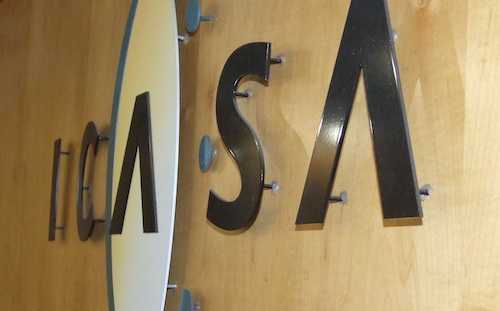
The Independent Communications Authority of SA (Icasa) will next Wednesday publish the framework in terms of which local-loop unbundling will take place. It will be published in the Government Gazette on 30 November.
Publication of the document will precede the formulation of regulations to govern the process, says Icasa spokesman Paseka Maleka.
Former communications minister Roy Padayachie had set a deadline of this month for unbundling to take place. It now appears it won’t happen until next year at the earliest.
Telecommunications operators and Internet service providers are keenly awaiting publication of the framework following three days of public hearings in October into unbundling — whereby Telkom’s last mile of copper cable infrastructure will be opened in some or other way to rivals. The hearings attracted a wide range of inputs from industry representatives and associations.
Almost all industry players, with the notable exception of Telkom, have argued in favour of the regulatory intervention, saying it will help bring down broadband prices. The mobile operators have argued strongly, however, that unbundling should not extend to their wireless local loops.
In a previous discussion document, Icasa put forward four models for unbundling the local loop. Some industry players have argued that all four models should be available.
The Internet Service Providers’ Association (Ispa), an industry lobby group, argued at October’s hearings that local-loop unbundling — introducing greater competition and regulating wholesale pricing in telecoms access networks — was the “single most important regulatory intervention” available to lower the cost of broadband in SA.
Ispa representative Dominic Cull argued that there was an “overwhelming case” for local-loop unbundling as the fixed-line access network constituted the most significant “bottleneck” to bringing down broadband prices.
Telkom used the hearings to argue strongly against unbundling, saying it wouldn’t necessarily help SA achieve its “developmental objectives” and that the process could prove counterproductive. It argued that unbundling would have a negative effect on the company because it incurs a loss by providing retail fixed-line services — something known as the “access line deficit”. It also warned that the intervention could force it to shed jobs if it resulted in a decrease in revenues. — Staff reporter, TechCentral
- Subscribe to our free daily newsletter
- Follow us on Twitter or on Facebook
- Visit our sister website, SportsCentral (still in beta)




